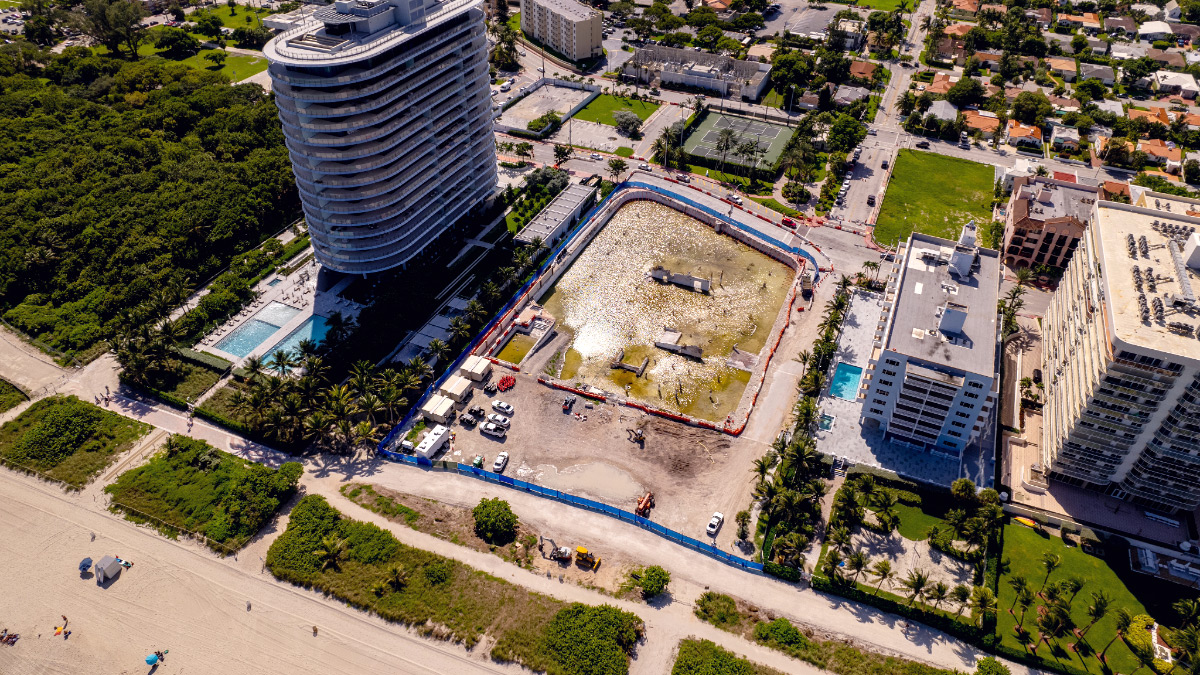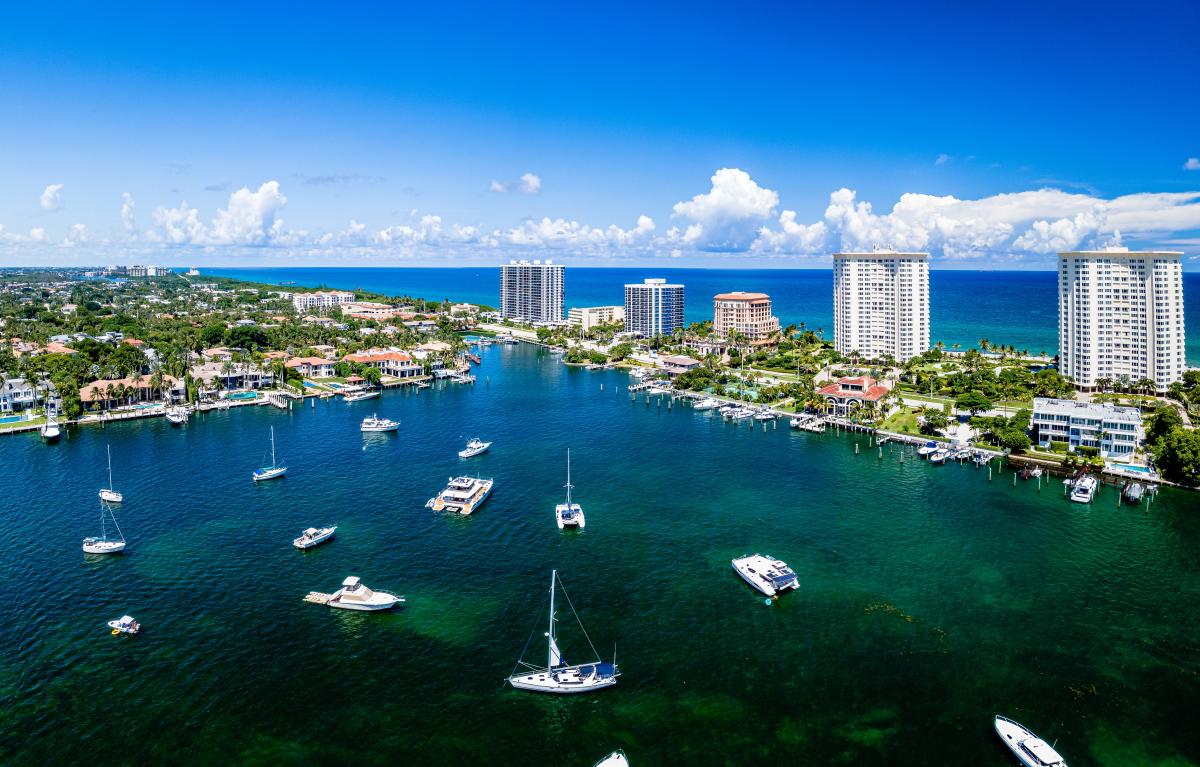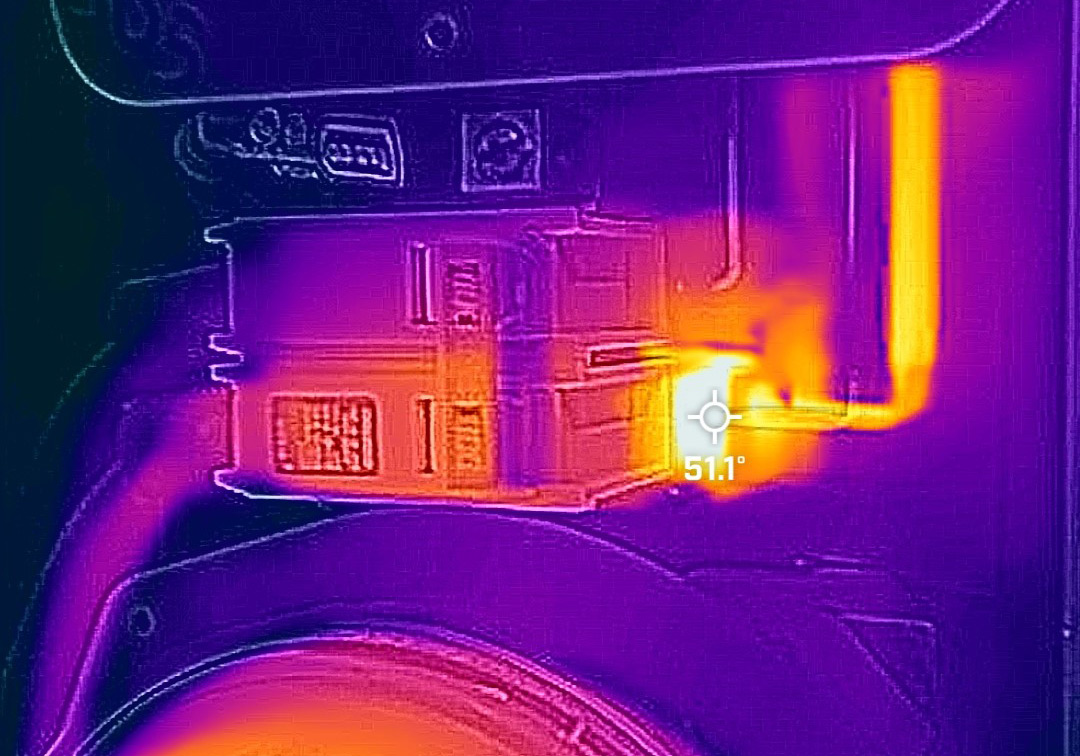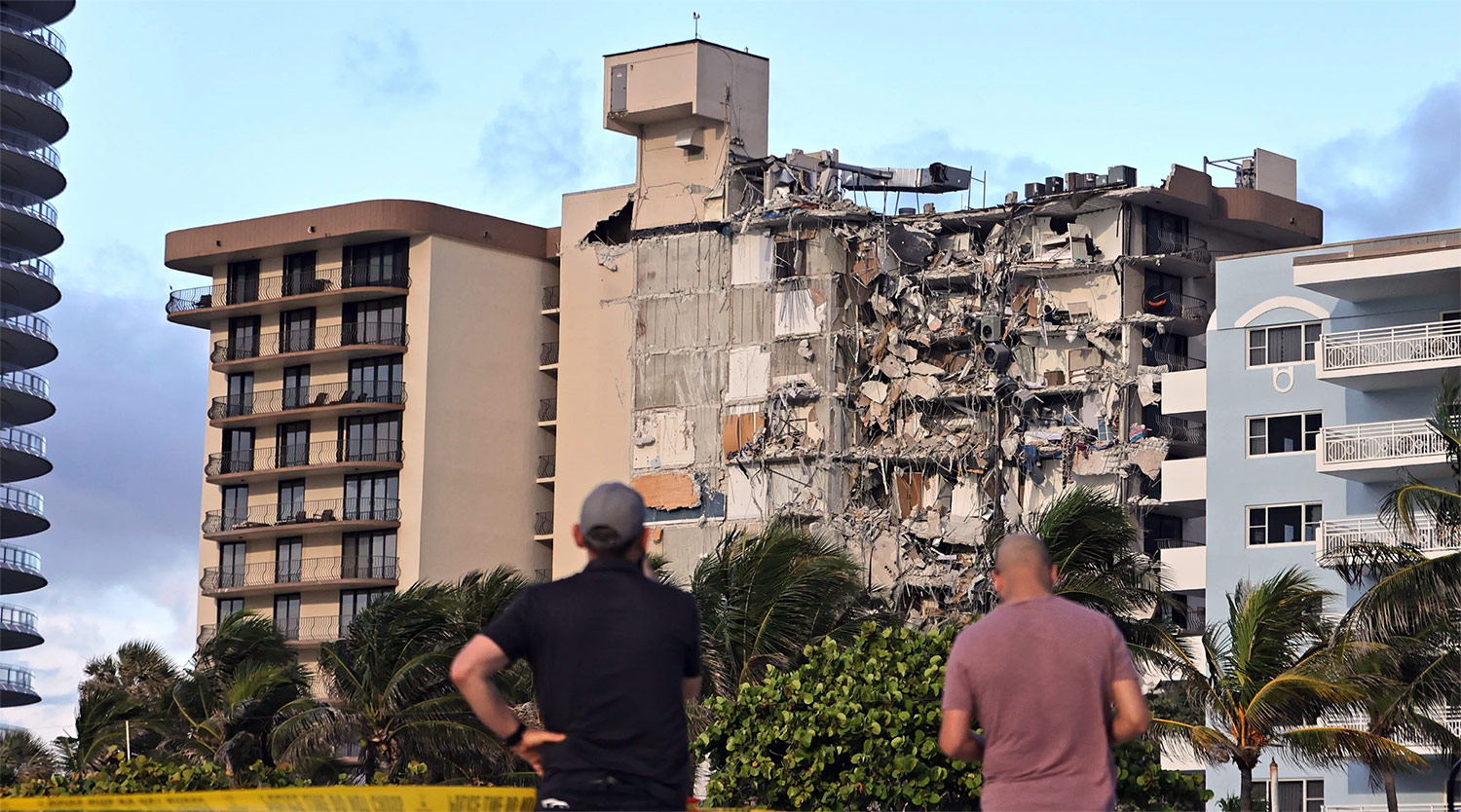
The Florida Condo Inspection Bill 4-D (full Bill here) and Glitch Bill SB 154 (full Bill here) have introduced significant changes to condominium inspection requirements in the state. These changes affect various aspects of condo management and maintenance, including information reporting, milestone inspections, structural integrity reserve studies, and new reserve rules. We break down the implications of these bills, addressing their practical implications for condo associations and property managers. It’s important to note that while we provide an overview, the complexities of these new laws require consultation with legal counsel and engineers familiar with your specific community.
July 2025 Update: New legislation (HB 913) is in effect for SIRS and Milestone Inspections. Read about current SIRS law changes and Milestone Inspections changes in our latest articles.
Recent changes in Florida’s condominium inspection laws, specifically SB 4-D and Glitch Bill SB 154, have brought about significant alterations to the way condo associations and property managers need to approach building inspections and maintenance. This article aims to provide a comprehensive understanding of these changes, offering insights into their engineering and practical implications.
Understanding the Complexities of the New Laws
The new legislation introduces intricate requirements for condo inspections, covering information reporting, milestone inspections, structural integrity reserve studies, and reserve rules. Navigating these complexities demands careful attention to detail and a proactive approach to ensure compliance.
Important Reminders and Contact Information
Before delving into the specifics of the bills, it’s crucial to emphasize the importance of seeking professional guidance. Associations and property managers are strongly encouraged to consult their association counsel and engineers familiar with the legislation to address any unique circumstances.
Overview of Florida Condo Inspection Bill SB 4-D and Glitch Bill SB 154
SB 4-D, a consequential legislation following the collapse of Champlain Towers South, ushered in milestone inspections, structural integrity reserve studies (SIRS), and augmented reserve requirements for condominium associations. The cornerstone of these changes was the requirement for visual milestone inspections of buildings three stories or more, triggered when a condominium reached a certain age. The ensuing need for testing or repairs added complexity to associations’ operational landscapes.
Milestone Inspections: Addressing Feasibility Concerns
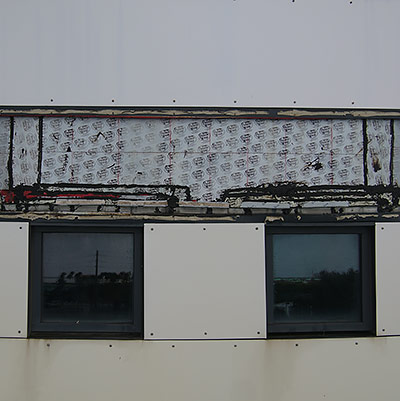
Furthermore, SB 154 recalibrates deadlines, offering condominiums that were nearing the 30-year mark between July 1, 2022, and December 31, 2024, an extended compliance deadline of December 31, 2025. The stringent 25-year deadline for coastal condominiums has been replaced with local enforcement agencies being empowered to establish a 25-year deadline based on contextual factors such as proximity to saltwater. Moreover, SB 154 enhances the notice procedure for local enforcement agencies, enabling them to extend the milestone inspection deadline if good cause is demonstrated.
Structural Integrity Reserve Studies (SIRS): Refinements and Clarifications
The SIRS component of SB 4-D, focused on comprehensive examinations of critical building components to ensure structural soundness and safety, also underwent modifications in SB 154. Notably, load-bearing walls, floors, and foundations were removed from the list of SIRS components, with “load-bearing walls” being redefined to include “structure, including load-bearing walls . . . and primary structural systems as those terms are defined in s.627.706.”
SB 154 brings clarity to the SIRS requirement, specifying that it applies solely to components maintained by the association. Furthermore, the bill empowers those conducting SIRS to conclude that certain components with an estimated useful life exceeding 25 years may not necessitate reserves. Alternatively, a deferred maintenance expense recommendation may be made for such components. This addresses challenges linked to the feasibility of inspecting certain components.
Final Thoughts
While SB 154 aims to iron out creases in SB 4-D, it leaves the pivotal components intact. Milestone inspections, SIRS, and the augmented reserve requirements are integral to Florida’s condominium landscape. It is essential to recognize that the cumulative impact of SB 4-D and SB 154 necessitates a comprehensive understanding of both bills to navigate their implications fully. In essence, these regulations are shaping a new era of condominium ownership, one that underscores safety, sustainability, and financial preparedness.
If you have questions about how SB 154 applies to your building, we encourage you to reach out to our team at Building Mavens. As South Florida’s premiere Milestone Inspections, SIRS, and Engineering Consulting firm, we understand the legislation’s nuances and deadlines, affording us the knowledge to help provide you with the inspections and guidance necessary to help you move forward with confidence and clarity. Contact our team today and let us seize this opportunity to build a safer and more secure future together.
About the Author

With a comprehensive background spanning public and private projects, Scott’s proficiency encompasses structural engineering design, construction oversight, and forensic analysis. His role involves investigating structural failures, construction defects, and code compliance to ensure project integrity while upholding safety standards and building codes. Beyond his investigative prowess, Scott is a skilled design engineer, contributing to diverse architectural facets including building envelope systems and designs for various materials. His extensive portfolio includes projects ranging from residential designs to commercial structures like warehouses and piers. Across all phases of project development, from conception to inspection, Scott’s dedication to innovative and compliant engineering solutions shines through.
Contact me for more information: info@buildingmavens.com

